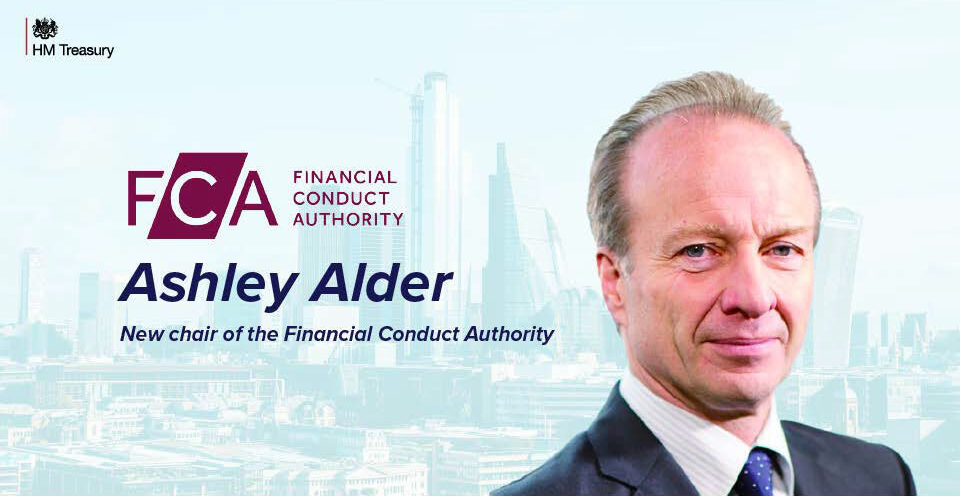HM Treasury has recently announced the appointment of Ashley Alder as the new Chair of the Financial Conduct Authority (FCA). Ashley is currently Chief Executive Officer of the Securities and Futures Commission (SFC) in Hong Kong, a role he has held since 2011. Ashley also chairs the Board of the International Organisation of Securities Commissions (IOSCO) and sits on the Financial Stability Board’s Plenary and its Steering Committee. Ashley began his career as a lawyer in London in 1984 and practised in Hong Kong for more than 20 years. He was Executive Director of the SFC’s Corporate Finance Division from 2001 to 2004, before returning to private practice at Herbert Smith LLP, a law firm, as Head of Asia. Continue reading…
The message is clear: organisations must be held accountable for their social and environmental footprint. Therefore, it’s inevitable that speaking up becomes the next social…
Download whitepaper








